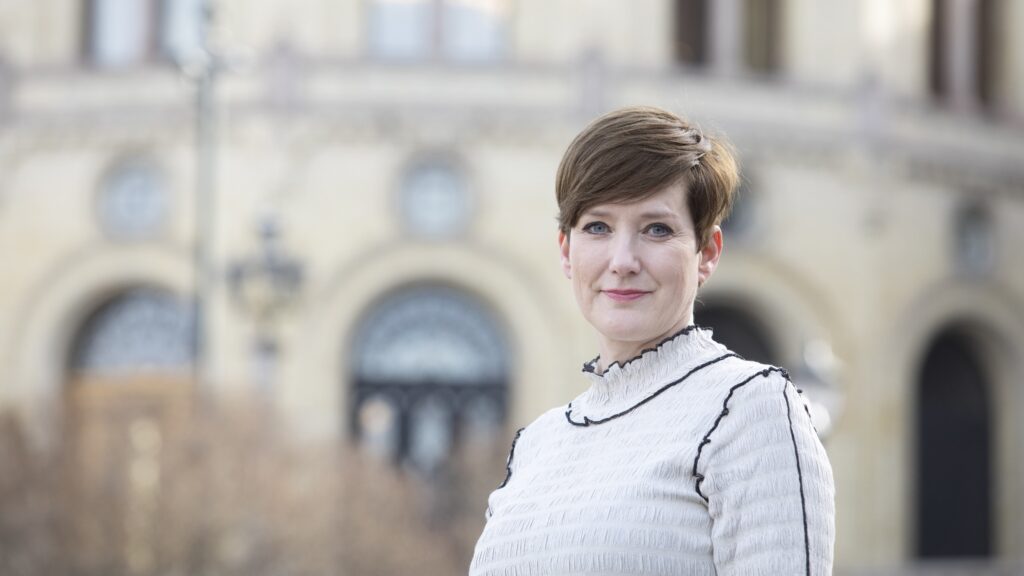
The WEXFO 2025 conference will be crucial, says Veslemøy Østrem, head of the program committee, as she reveals what participants can expect in Lillehammer on June 2-3.
How is the conference program progressing – what can participants expect?
“Next year’s conference will be crucial because the fight for freedom of expression is challenging, and we need to meet to gather strength and renew our commitment. We have just experienced a year where the state of freedom of expression has further deteriorated. This was the year when many people around the world went to the polls, and many of the elections were marked by populism, propaganda, fake news, and algorithms controlled by media owners seeking political influence. This will also be reflected in the program.”
What kind of feedback have you received from previous conferences, and how has this influenced the planning of this year’s event?
“We have received very positive feedback, and the response often highlights the strong presence of young voices, the new insights and inspiration the conference provides, and the quality of the discussions. Many participants want even more friction and intensity, as the topics we discuss are not simple, and this is something we strive for in this year’s conference.”
What will be the main theme of next year’s conference, and what does it entail?
“The main theme of the conference is: 2025 – The Year of Resistance. The struggle we are in is long-term and, for many, a matter of life and death. We want to focus on the resilience that unites those fighting to strengthen the press, publishers, artists, activists, and ordinary citizens. We are also examining what is needed to improve people’s ability to comprehend and engage deeply with information – often referred to as ‘literacy’. We also question who possesses freedom of expression – and who does not. Unfortunately, freedom of expression is not evenly distributed.”
What topics will be central to the conference?
“We will start with an overview and gain new knowledge about the state of freedom of expression over the past year. Then we will delve into the “Election Aftermath,” summarizing the election year and discussing what we need to do next. We will talk about technology regulation and social media ownership. We will focus on diversity and freedom of expression. And we will discuss how to strengthen societal resilience. There will also be several workshops and opportunities for in-depth exploration, offering something for everyone.”
Who are some of the most prominent speakers and participants this year?
“We have several confirmed names, and we will announce most of them in Jnauary and February, but what I can say now is that Lillehammer will be the place to be next June. We will have guests from all over the world, bringing with them knowledge, fresh experiences, and solutions.”
How are you working to include young voices in the conference?
“One of the most meaningful aspects of WEXFO has been our various youth projects, where all participants also attend the main conference. We are in the process of nominating our Young Experts, and the list of participants brings with it an impressive diversity of experience. We aim for all panels to be intergenerational conversations, and we will have several young keynote speakers.”
How will the conference be conducted this year, considering plenary sessions, workshops and breakout sessions?
“There will be three different workshops on Monday afternoon (June 2), and also opportunities for in-depth exploration on Tuesday (June 3).”
What are you personally most looking forward to at WEXFO 2025?
“I look forward to meeting again because I know that many find it lonely and challenging to stand alone in a resistance struggle. Seeing how a conference like WEXFO creates new enthusiasm and new bonds gives me deep joy. Moreover, important voices will be featured in this year’s program. I think of WEXFO participants as the foundation builders and scaffolding constructors of democracy. With WEXFO as a source of inspiration, we see ripples spreading across the world, allowing democracy to grow larger and stronger.“
Photo: Anne Elisabeth Næss, Altinget

